Instant Opinion: ‘women the stronger sex’ in coronavirus crisis
Your guide to the best columns and commentary on Monday 18 May
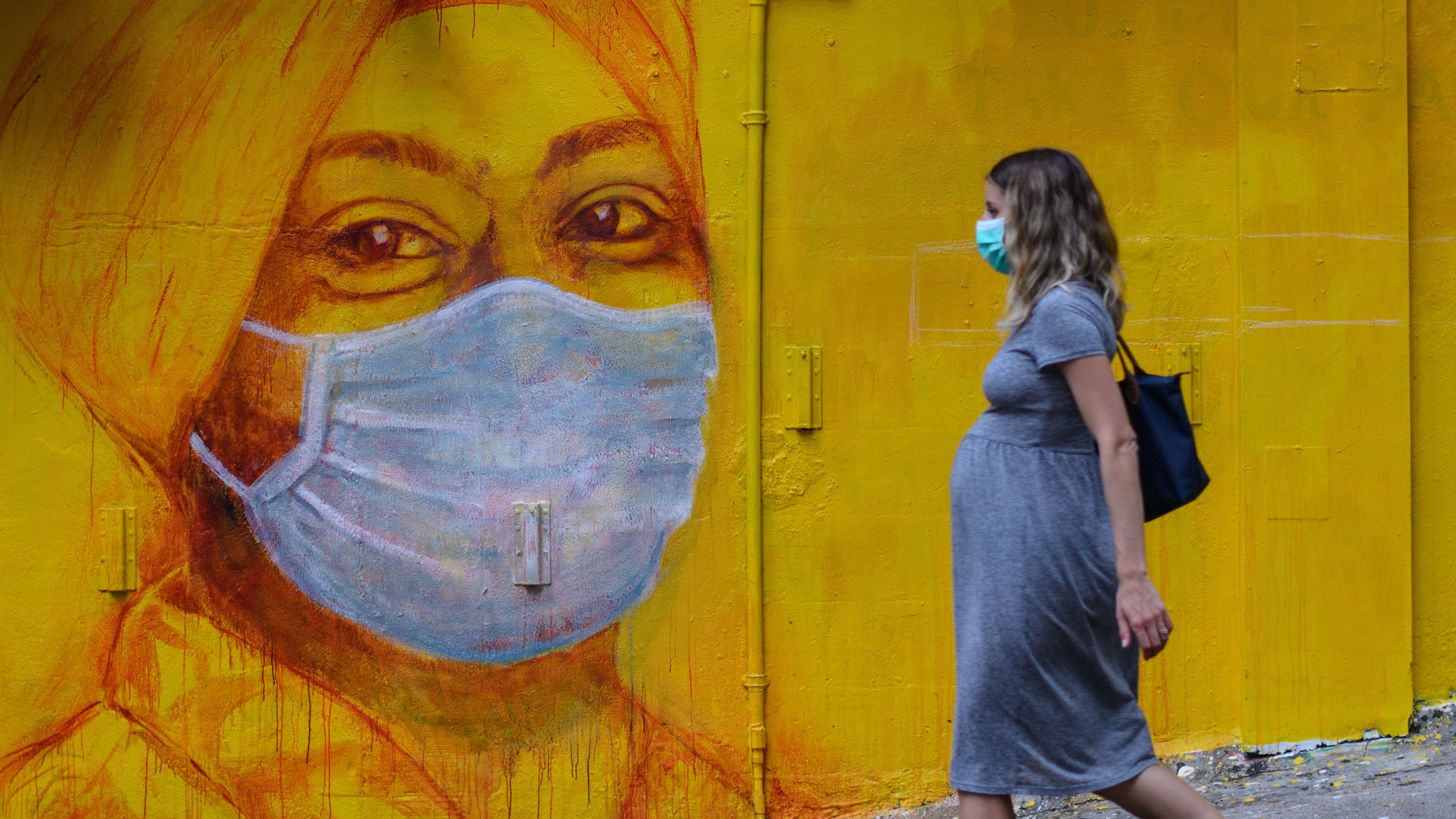
A free daily email with the biggest news stories of the day – and the best features from TheWeek.com
You are now subscribed
Your newsletter sign-up was successful
The Week’s daily round-up highlights the five best opinion pieces from across the British and international media, with excerpts from each.
1. Trevor Phillips in The Times
on how the pandemic is showing men to be second best
The Week
Escape your echo chamber. Get the facts behind the news, plus analysis from multiple perspectives.

Sign up for The Week's Free Newsletters
From our morning news briefing to a weekly Good News Newsletter, get the best of The Week delivered directly to your inbox.
From our morning news briefing to a weekly Good News Newsletter, get the best of The Week delivered directly to your inbox.
Women are the stronger sex in this crisis
“In this most peculiar of conflicts there is no doubt that the ‘weaker’ sex carries a Y-chromosome. Worldwide, men are twice as likely to die having contracted the virus. If it becomes endemic the male of the species will need to be protected in much the same way the elderly are shielded against seasonal flu. As for being on the front line, there is little question about who is more exposed to enemy fire — 77 per cent of NHS staff are female. Among those working in social care, the death rate is running at 23.4 per 100,000 among men compared and 9.6 among women. But perhaps the greatest change will be wrought in our perception of the wartime leader. When we look back on this period we will probably note that the most decisive and effective leaders were Germany’s Angela Merkel and New Zealand’s Jacinda Ardern. One is a 60-something conservative and chemist; the other a youthful socialist spin doctor, but both are having a good war. Two weeks ago New Zealand became one of the first nations to report a day without new deaths. Germany reports a death toll one-third of that in its less populous neighbour France and there is speculation about whether Mrs Merkel may be persuaded not to step down at the end of this year.”
2. Nesrine Malik in The Guardian
on the battle for change in the post-coronavirus world
A free daily email with the biggest news stories of the day – and the best features from TheWeek.com
There is revolution in the air now, but history shows the old order will fight back
“The rupturing effects of the lockdown appear to be laying the foundations for our new world. ‘Nature is healing’ is now a meme. The air is cleaning itself. As we clap each Thursday, the old hierarchies that defined ‘skilled’ and ‘unskilled’ seem to be dissolving. Some hold out for further changes, anticipating the introduction of low-carbon jobs to replace those lost, or a universal basic income, or rethinking the value of labour altogether. But observation alone does not bring about transformation. There is a naivety in the hope that once ideas are discussed and made popular, they will permeate policymaking and bring about change. History shows us that, during a period of economic upheaval, this is unlikely. The 2008 financial crisis is the clearest cautionary tale. In reality, the first thing that happens in a recession tends not to be radical reengineering of the economy. The first impulse is to make a quick calculation: who should be saved and who is dispensable.”
3. Alexandra Phillips in The Daily Telegraph
on the need for Brexit to go ahead - pandemic or no pandemic
The last thing we need right now is a post-Brexit transition extension
“The outbreak has taught us that we were largely prepared. Planning under Operation Yellowhammer crystallised new medical supply chains while supermarkets had a network of alternatives to impeded imports. Former employees from the defunct Department for Exiting the European Union were deployed to manage the emergent public health crisis. Now that the handling of Covid-19 stabilises while strangely mirroring Brexit strategy, there is no reason the UK cannot exit the European Union by the end of the year... For those who think Covid-19 has changed the landscape of these talks, they are right, but not in a way that warrants the extension of transition. To the contrary, the crisis has exposed dependency on international supply chains beyond the bloc’s protectionism and has left an injured single currency in intensive care alongside wider schisms in straining EU solidarity.”
4. Anna Sauerbrey in The New York Times
on the scars being left by lockdown measures
Germany Is Reopening. And Learning a Tough Lesson
“Right now, demons old and new are out on the streets. Just a few weeks ago, Germans sniffed at gun-waving Americans protesting the lockdown. But the schadenfreude was short lived. On May 8, thousands of protesters - a wild mix of extremists, conspiracy theorists and ordinary citizens, supported in large part by the far-right populist Alternative for Germany Party - flocked to the streets of major cities like Berlin, Munich and Stuttgart, claiming their rights were under threat and touting conspiracy theories. On Saturday, they turned out again: 5,000 gathered in Stuttgart, and smaller demonstrations dotted the country. The protesters speak for very few: A clear majority of the population backs the restrictions. But it’s a bitter irony that in the country’s brief moment of vindication, all the old conflicts are re-emerging. It makes the early togetherness look shallow, a product of our instincts for survival rather than of humanitarian insight. So instead of solidarity, we have strife. In place of unity, division. It looks like this is Germany’s new normal, too.”
–––––––––––––––––––––––––––––––For a round-up of the most important stories from around the world - and a concise, refreshing and balanced take on the week’s news agenda - try The Week magazine. Start your trial subscription today –––––––––––––––––––––––––––––––
5. Niko Vorobyov in The Independent
on a potentially left-field addition to the key worker ranks
It’s time to admit it: Drug dealers should be considered essential workers
“Over the past few weeks, we’ve heard stories about how the pandemic has disrupted the global narcotics trade. In Mexico, it’s messing up business for the Sinaloa cartel. No chemicals coming in from China = no ingredients for fentanyl or crystal meth. A tiny microscopic virus did what a billion dollars of DEA funding could not. We’ve also heard stories of how dealers are getting around quarantine, sometimes dressing up as nurses or delivery drivers to give their clients their fix. Like coronavirus, the drugs issue is a public health crisis. Since the pandemic is making us reconsider a lot of things, from our lifestyles to government spending, I’d like to propose we reconsider our drug policy. One of my friends, a wine merchant, is still doing the rounds dropping off booze as he’s considered an essential worker. So, I would argue, are dope dealers. I’ve long thought my old occupation wasn’t that different from my friend’s – we both sold an addictive, intoxicating, highly-diluted substance. And I was basically a pharmacist running a drug store.”
-
 Crisis in Cuba: a ‘golden opportunity’ for Washington?
Crisis in Cuba: a ‘golden opportunity’ for Washington?Talking Point The Trump administration is applying the pressure, and with Latin America swinging to the right, Havana is becoming more ‘politically isolated’
-
 5 thoroughly redacted cartoons about Pam Bondi protecting predators
5 thoroughly redacted cartoons about Pam Bondi protecting predatorsCartoons Artists take on the real victim, types of protection, and more
-
 Palestine Action and the trouble with defining terrorism
Palestine Action and the trouble with defining terrorismIn the Spotlight The issues with proscribing the group ‘became apparent as soon as the police began putting it into practice’
-
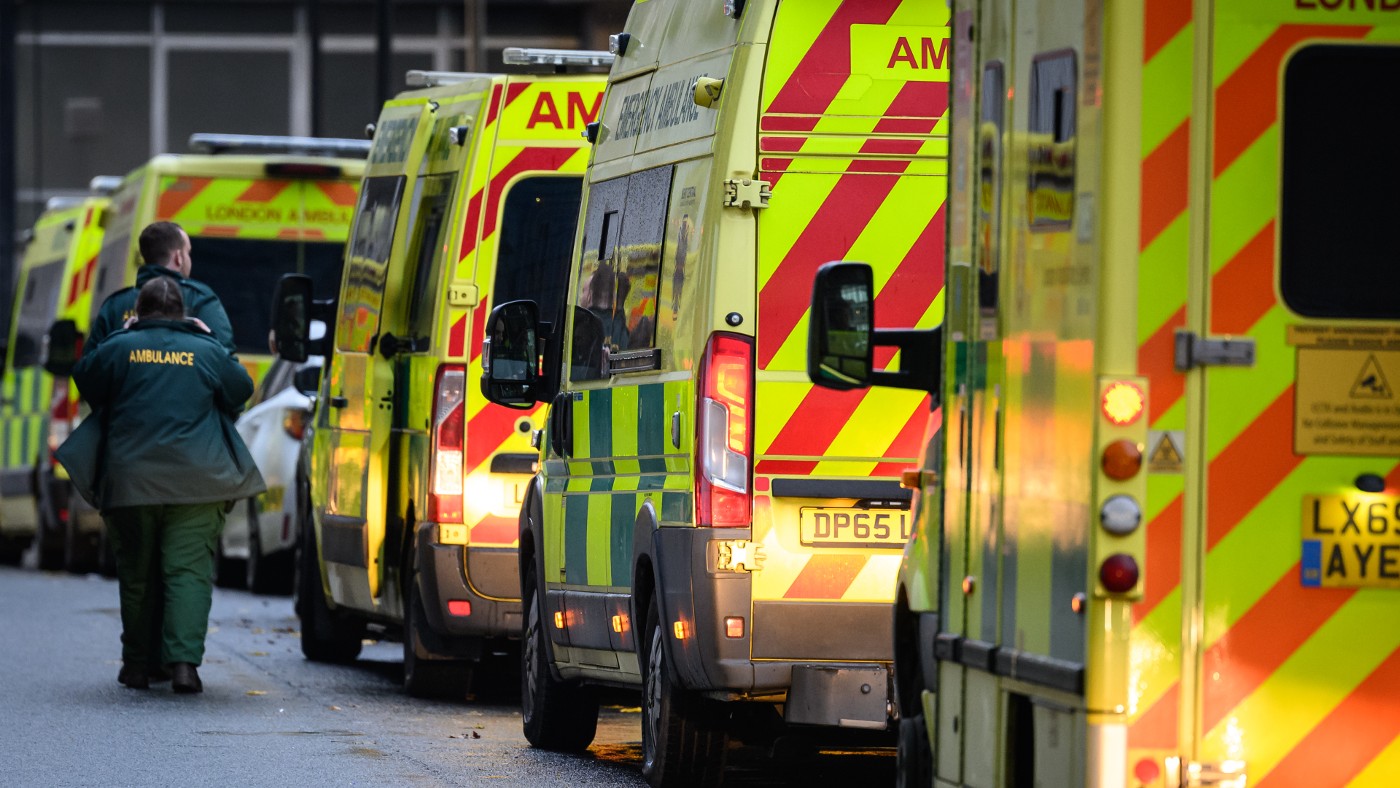 Penile fracture risk higher over Christmas
Penile fracture risk higher over ChristmasTall Tales And other stories from the stranger side of life
-
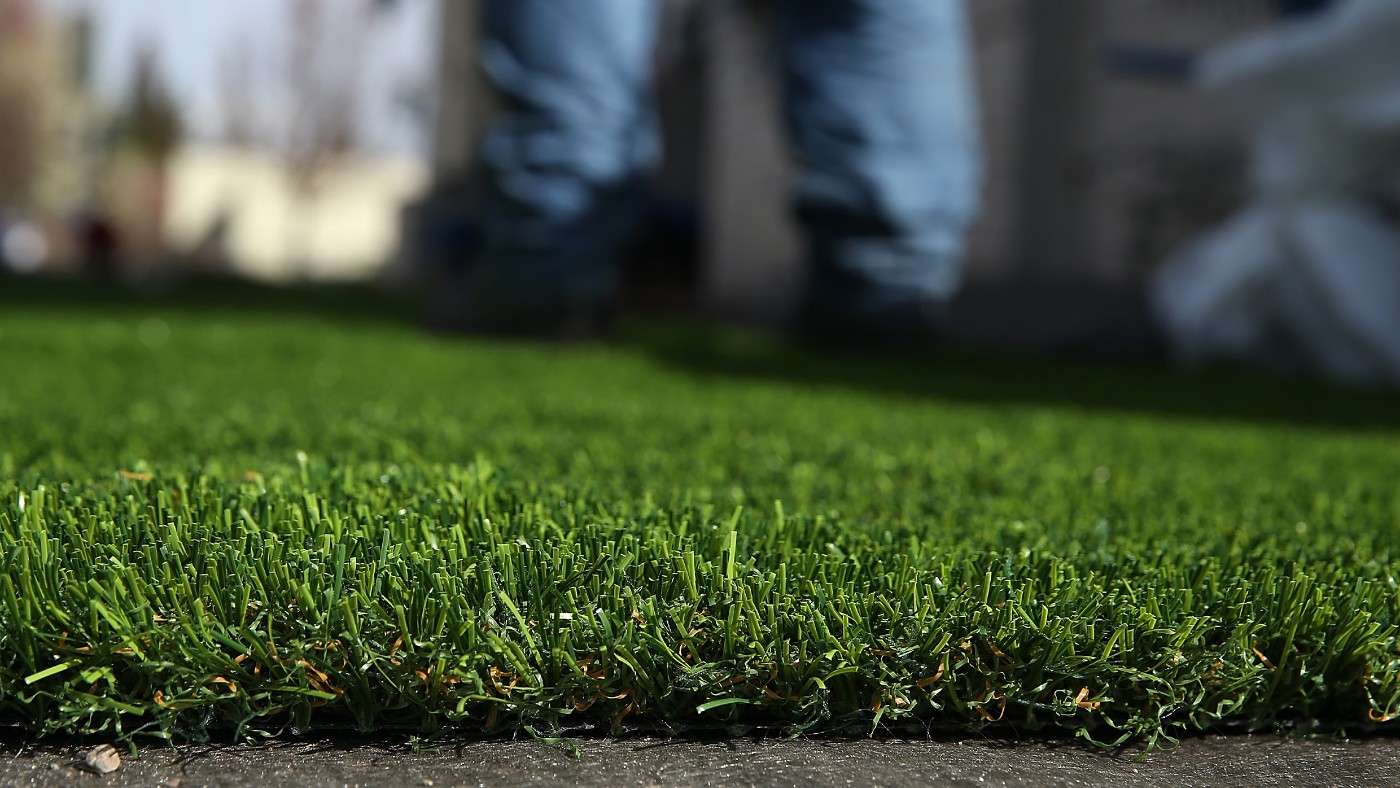 Confused man's front lawn is stolen
Confused man's front lawn is stolenTall Tales And other stories from the stranger side of life
-
 ‘Irony’ as Zoom calls staff back to office
‘Irony’ as Zoom calls staff back to officefeature And other stories from the stranger side of life
-
 Residents told to stay indoors after lion seen on outskirts of Berlin
Residents told to stay indoors after lion seen on outskirts of BerlinSpeed Read Witnesses said they saw a big cat killing a wild boar near the German capital
-
 The U.S. veterinarian shortage crisis
The U.S. veterinarian shortage crisisSpeed Read With an anticipated shortage of 15,000 vets by 2030, it will be harder to get care for pets
-
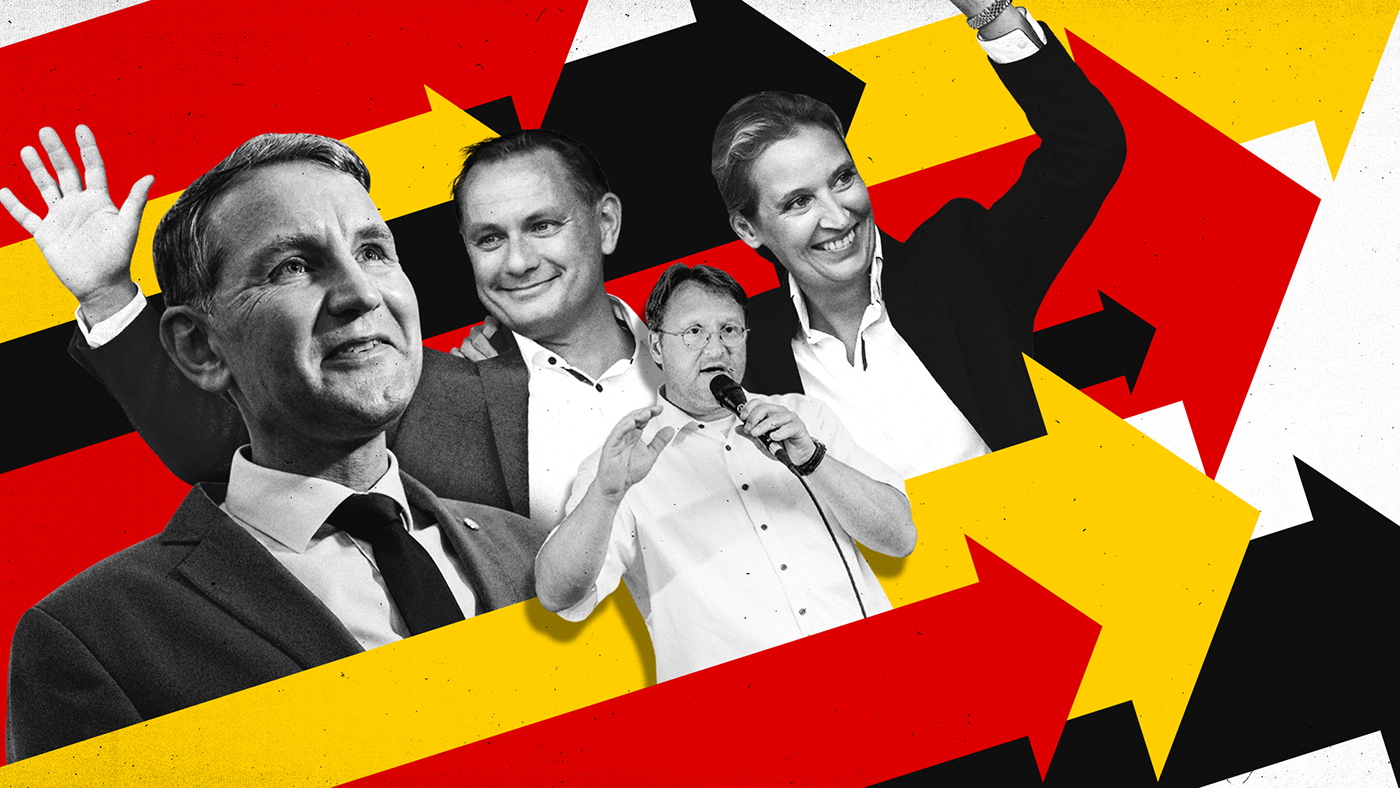 AfD local election win: watershed moment for far-right in Germany?
AfD local election win: watershed moment for far-right in Germany?Talking Point Discontent over immigration and Berlin’s green policies appears to have fuelled support for populist party
-
 Company teaches mask-wearers to smile again
Company teaches mask-wearers to smile againfeature And other stories from the stranger side of life
-
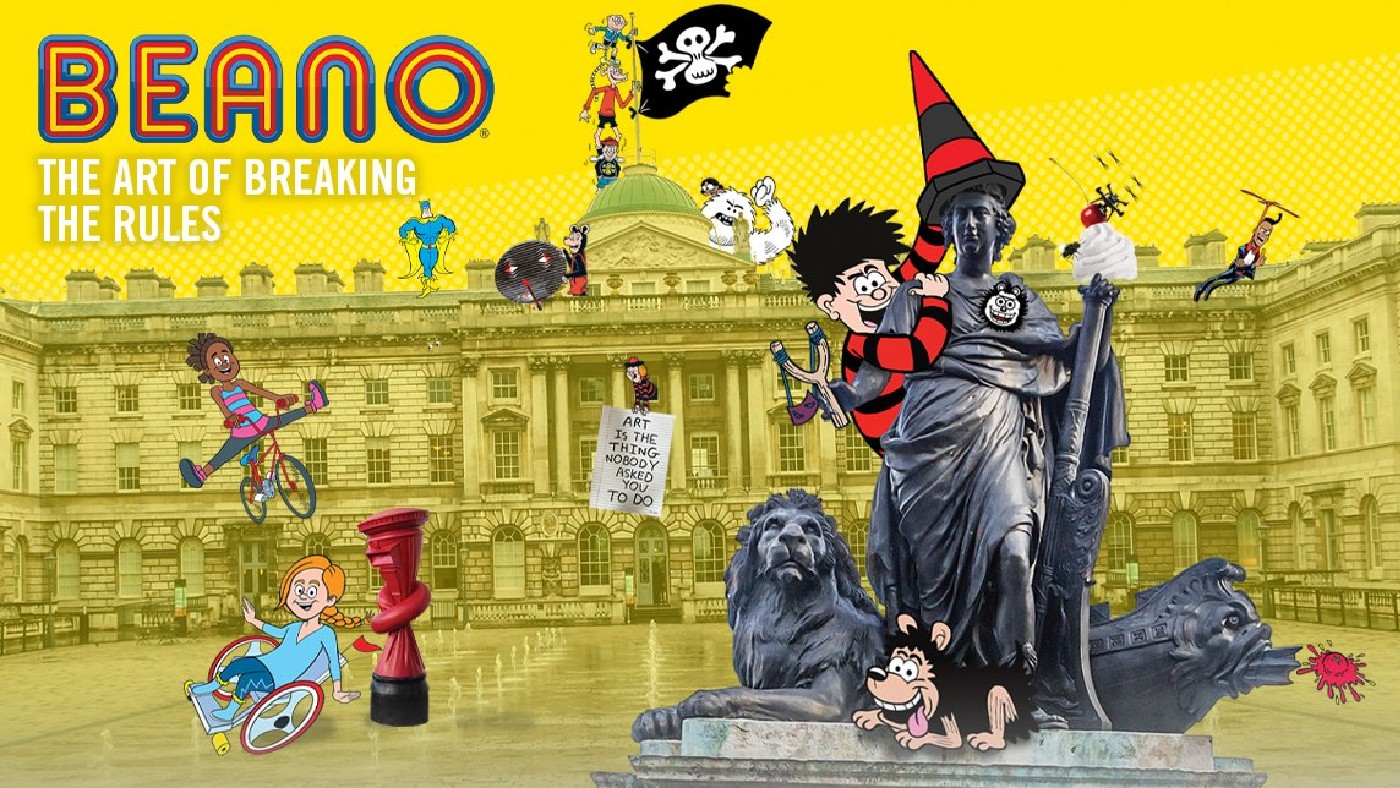 Beano comics sent to Australia
Beano comics sent to Australiafeature And other stories from the stranger side of life